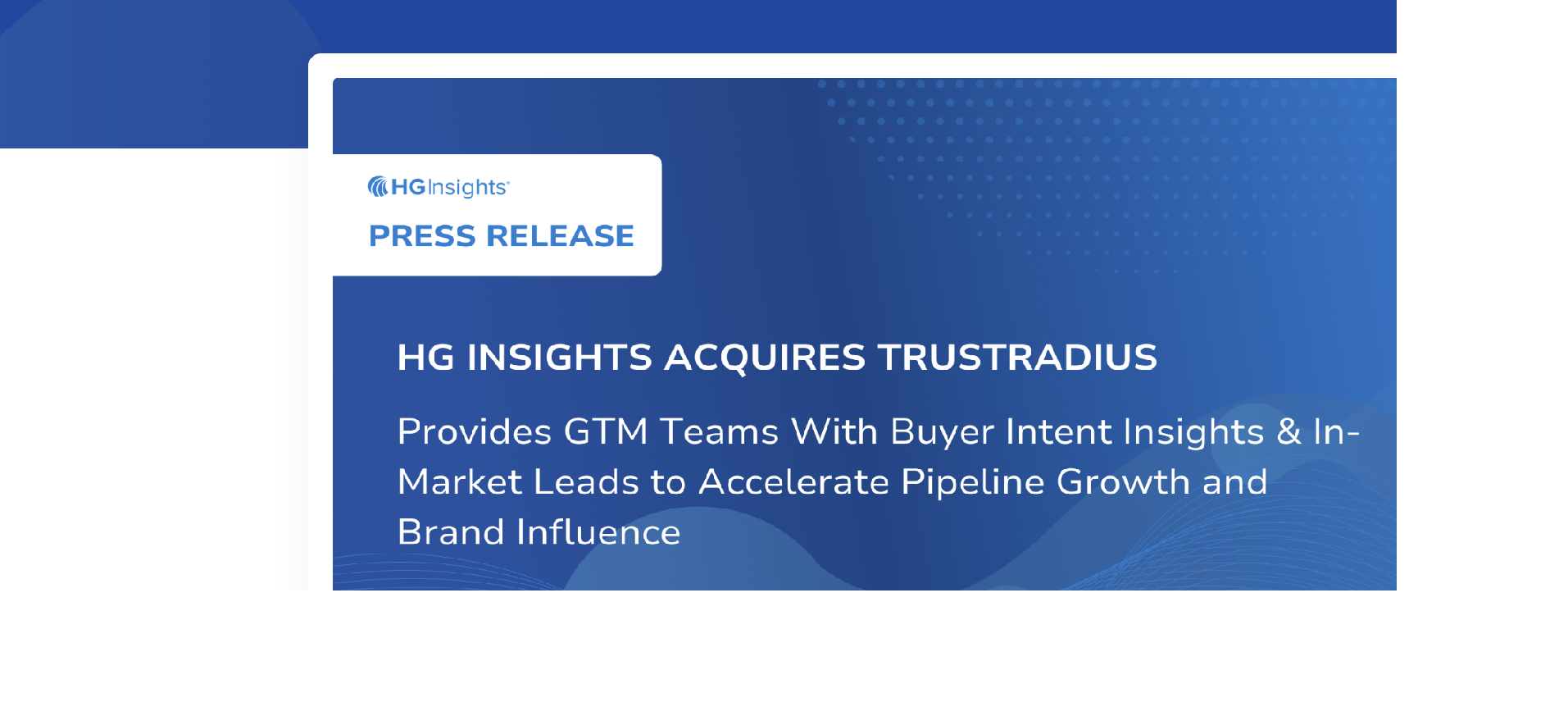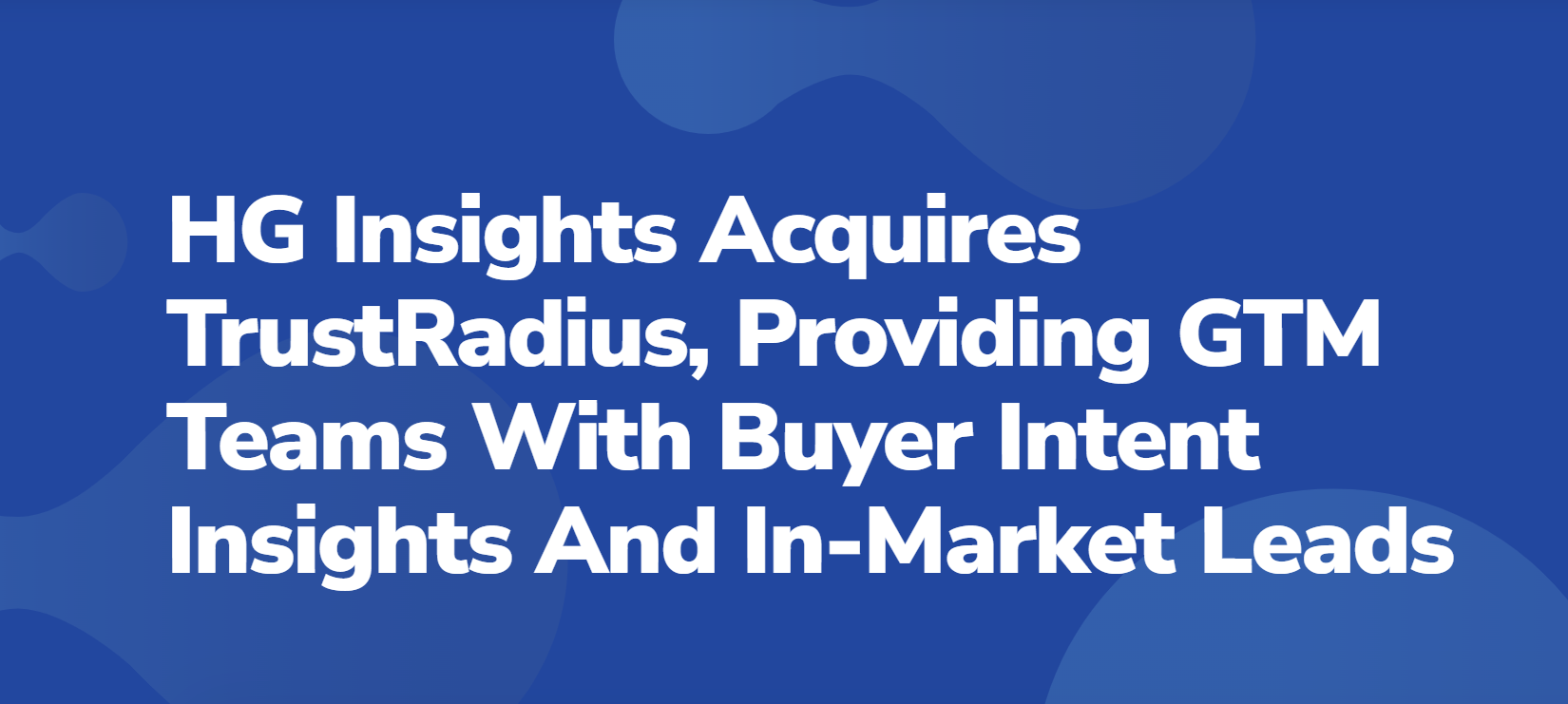Colin Anawaty, co-founder and CPO at First Dollar.
Our motto is “for entrepreneurs by entrepreneurs,” so we have created a series on the journeys of our founders. We know that not one journey is like the other. Therefore, here is another in our ‘A-typical’ Entrepreneurial Journey series.Founder Spotlight: First Dollar is the first human-centric health care savings platform, helping people save for out-of-pocket expenses and find great health care for a fair price. *The conversation has been lightly edited with Colin's approval*
Entrepreneurial Background and Expertise
What did you want to be when you grew up?
It’s cliche but from childhood lemonade stands, to selling MP3 CDs, to building early corporate websites, I had always had this strain of entrepreneurship. My parents brought home an IBM-clone as a kid, and it didn’t take long before I was neck deep in programming books. What started as a hobby led to an opportunity to get into a web development company in the heyday of the late-90’s. From there, software and technology became the keystone in my career. Even though they are very hard, I’ve come to appreciate the unique way that startups satisfy an unquenchable thirst to research, explore, and build new things.
What was your “Aha moment” when you realized that you wanted (or more so needed) to start First Dollar?

When my co-founder Jason Bornhorst and I first got into healthcare, we were foolish but hungry. We didn’t know head from tails except that the consumer experience sucked. Now having spent seven years in bowels of healthcare in what's called Revenue Cycle Management, which is a fancy word for describing the complex process for how providers get paid for taking care of you, we knew there had to be a better way that gave consumers more choice and more convenience, while also rewarding them for prioritizing their care. If you take care of yourself, you shouldn’t be overspending in insurance; you should be putting it away for retirement when you’re going to naturally have health care issues later in life. The average American will spend more than $300,000 on healthcare expenditures.So when we thought about that problem and we thought about the solution, it turns out that the ten-year-old HSA, or Healthcare Savings Account, is a great vehicle to help give the right consumer the proper incentives to do what’s best for them, as opposed to again overpaying on health insurance.
What is one nugget of advice that has impacted you as a founder that you would share with others looking to start their entrepreneurial career?
The most obvious, the most misunderstood, and probably the hardest to master are the value of focus and the value of simplicity. It becomes very critical, especially in the early days when you initially start and at the inflection point when you start to scale up and begin hiring rapidly. Most stumbles, especially in Enterprise, are created by internal misalignment. As a leader, it’s critical to understand your customer and their problem and be able to assemble that in a very simple, clear, and defensible strategy. If the strategy is verbose and overly complex, it’s typically a reflection that you do not understand it well enough. Even if you do but you can’t communicate it, then it will be reflected in your team’s inability to execute with the speed and precision leaders want to see.
Describe a day in the life of Colin--as typical as one can get for a founder of a startup. What two skills, in your opinion, are necessary to make it through each day successfully?
It’s funny you bring that up because I’m a huge believer in the value of time management and developing a process of repetition. It’s my way of filtering all of the noise that you’re going to get as a startup. Repetition allows for optimization and therefore benefits time management. You have more time as you’re able to do things better and faster. With all of that said, as a first-time father, I’m relearning the art of work-life balance and reprioritizing what’s important in life. During my day-to-day, I’ve always been a morning person, usually starting at 5am, sometimes as early as 4am, and this aligns well with what I need out of life. Those early mornings, when the rest of the world is sleeping, allow me to put in extra undisrupted time typically demanded of our role while preserving the time in the evenings for my family and decompression.
Speed Round!
If you could share a beer, glass of wine, soda with any person (dead or alive) who would it be and briefly why?
Steve Jobs--The question I’d like to know is for as much as he accomplished changing consumer’s lives through technology, why did he not do the same through philanthropy?
Are you a “Breakfast of Champions” type? Or do you live on coffee and fumes until lunch?
Weekday? Coffee, yogurt, maybe a light bagel--but definitely lots of coffee. Weekend? Classic American breakfast--biscuits and gravy, eggs, bacon, potato pancakes.
Favorite business book?
As a sign of the times, I would recommend the CEO’s Guide to Restoring the American Dream. It talks about how to deliver world class healthcare at half the cost.
Your life is pretty busy running a company. What do you like to do in your free time?
Family time and learning what it means to be a dad. It’s super fun and rewarding. Also the outdoors--water in the summer, woods in the winter. I also play the piano and the guitar. While concerts have been cancelled, it certainly helps balance all the thoughts I have to just sit down and play some music. And then I’m still a nerd so I tinker around the house with my Raspberry Pi and home automation.
Why do you think Austin city is a great place to start a company?
It’s simple-- Talent, quality of life, and a business-friendly state. Texas has a great ecosystem and has three if not four of the biggest cities, so why not put at least a core office here?
Thank you to Colin for taking the time to share his story with Next Coast Ventures.




%20m.jpg)


